I
will always remember the day. It was June, and there was glorious sunshine pouring down from a bright cerulean canopy. Under any other circumstance it would have been the epitome of a perfect midsummer: picnicking in St. James’s Park with friends before an evening shift at one of London’s loveliest theatres. Henry V was playing that night—a coincidence barbed with irony that I, and certain members of the audience, could not ignore.
“I almost didn’t come tonight!” claimed one particularly passionate patron. “Thought it might look a bit Brexit-y, you know? Cry ‘God for Harry, England, and Saint George!’ and all that…”
I solemnly resumed selling programs and clearing glasses as the sky turned a patriotic shade of red, making a mockery of the pain felt by 48% of the voting population.
Later, on the train home, tears came. Responding to the messages of people I knew from Spain, Greece, Poland, and beyond—people who had relocated for work, education, and the very human dream of a happier life—saying how they now feared for their futures and their safety in the UK. All I could do was apologize and promise them they still belonged here, but how could that be known for sure? Despite the warning signs stretching as far back as time itself goes, the results nevertheless came as a shock. Driven by naïve optimism over realistic expectation, I refused to consider the worst-case scenario until it became fact. There was no denying it any longer. The country of my birth was a hideously unrecognizable hot-bed of hostility and Western supremacy.
After nearly four years of slow purgatory following the referendum, the UK eventually left the European Union last January, taking the ashes of my national pride with it. Those who voted out did so for numerous reasons, many of which were admirable, such as taking a stand against austerity or fighting for fairer sovereign rights. But regardless of any rational motivation behind the Leave campaign, it was soon appropriated and steered toward success by thriving intolerance and anti-immigrant sentiment. Enabled by this, the creeping xenophobia that had festered like an ulcer within the belly of the country finally perforated, spilling forth its toxin in the form of hate crimes and racist rhetoric. I wanted to put as much mileage as possible between myself and that reality.
This alienation led to seeking solace in international travel. With the desire to keep my European identity and global citizenship as alive as I could, taking frequent trips to the continent became a preferred method of protest. But no distance ever allowed me to forget my Britishness, nor the embarrassment and shame that accompanied it whilst walking through the world. A world that, come March 2020, would shrink to the size of my estranged homeland.
L ocked in by the pandemic, I have nowhere else to go but here: this “green and pleasant land,” as William Blake described in Jerusalem. With the need for travel coursing through my veins, the only responsible option is to settle for local and domestic wanders; a notion that does not initially inspire me like traveling abroad does, but I hope to embrace the journey just the same…
So I return to Staffordshire in the autumn to visit family, and a long walk takes me to the canal. Stumbling over reeds and rushes, my leaden legs do not work quickly enough. I am out of shape, out of practice and, as midges attack my ears and the stench of ripe country air catches in my throat, any magic in the twilight is lost on me. The intrepidness dampens.
Passing a couple in deckchairs toasting the unseasonal warmth with cans of cider and a group of girls whose chatter makes them oblivious to my attempts to maneuver around them, I am antsy. The towpath wasn’t exactly designed with social distancing in mind and I just want to be alone. So, tucking my face into my t-shirt and squirming to the other side of the path, I try desperately not to slip into the water; attracting incredulous looks that singe my shaky disposition. Then a shabby narrowboat appears out of the haze. The toothless old man at the helm offers an unsolicited “alright, love?” in my direction and in that moment, he becomes the embodiment of everything I have come to loathe about England. My eyeballs roll back in their sockets behind my sunglasses as I imagine him plastering the monstrous yellow-and-purple logo of the United Kingdom Independence Party proudly in his window. I reflect upon the ugliness of my own prejudice, and scold inwardly, “You see!? This is why you travel. You’re a much better person in a different country…”
But there was once a time I didn’t know of anywhere different—when the bitter odor of hot brakes emitting from groaning cars, spent from dueling with the unforgiving terrain of Exmoor, was my only tangible scent of adventure. Spotting wild ponies grazing amongst the heather and gorse was the closest thing I needed to a safari, and flakes of Cornish pasty fluttering from greasy paper like confetti petals was as majestic a sight as any far-flung landmark. I long to feel that same sense of wonder again.
As it happens, wonder is notoriously hard to come by in London. But I find fragile pockets of it as leaves turn orange in Greenwich Park and wisteria drapes around door frames in Chiswick come springtime. Despite never quite feeling “at home” here, it has been a great comfort in the aftermath of the referendum to know that London voted to remain in the EU by a landslide. The Mayor, Sadiq Khan, made sure the rest of the world knew it, announcing emphatically that “London is open!” There are few things I truly love about this city, but the cosmopolitan culture is one of them.
The quest toward mending my broken relationship with England also transports me to the dramatic Jurassic Coast. Traipsing along the tops of cliffs whilst being buffeted by an enthusiastic breeze, I find myself swallowed by the most profound joy and a luscious blanket of the bluest sea I have seen outside the Mediterranean. Smiles soon switch to something else as I tackle the steep incline from Lulworth Cove to Durdle Door, and it isn’t long before a torrent of emotion hits. Dissolving into a weepy mess, I cut a pathetic figure on the hillside. Whether I am crying from the burning in my neglected muscles or the supreme delight of being somewhere so remarkable is a mystery even to myself. But whatever it is feels like a breakthrough—like a kind of therapy, both exhausting and illuminating. Unfolding below, the surreal scenery of the South West Coast could easily be mistaken for Nusa Penida, or even the Great Ocean Road. But it isn’t. It is home. And how fortunate I am to call it so.
On trips to the Cotswolds and Peak District National Park, the laments for international travel are all but forgotten. I realize I have not “settled” for domestic adventures at all, but am exploring the verdant valleys, toytown-like villages, and moody moors with the same fervor as I would anywhere in the world. Driving through quilted farmlands, the sight of planes slicing through the sky does not sting as it did fourteen months ago. Instead, I nurture a newfound excitement to experience and appreciate even more of the UK’s surprising beauty. I have left my flat in London, bought a house with my husband in Northants, and am now waiting out moving day back in the Staffordshire countryside.
There is a cedar tree at the bottom of the garden here that the sun sets behind every night, and sleep falls to the sound of owls calling across the dark. I dare to believe that I have literally, and spiritually, found home again.
However, I know in my heart that I will never feel proud to be British. To say it would be to undermine the long history of oppression, colonialism, and systemic othering that my nationality makes me complicit in. But what I am proud of is the natural diversity of its places. In being forced to reconnect with the destinations on my doorstep, I have learned that the very fabric of my soul is inescapably stitched into the wild landscapes, winding lanes, pebbled beaches, and cobblestoned cities of this complicated little island.
My heritage can be traced back to the courtship of paternal grandparents in Clacton-on-Sea, and the meeting of maternal grandparents across a musty bar in a Midlands pub. I am as much made of flowering fields, fish-and-chip suppers, and big-red-bus fumes as I am of blood and bone.




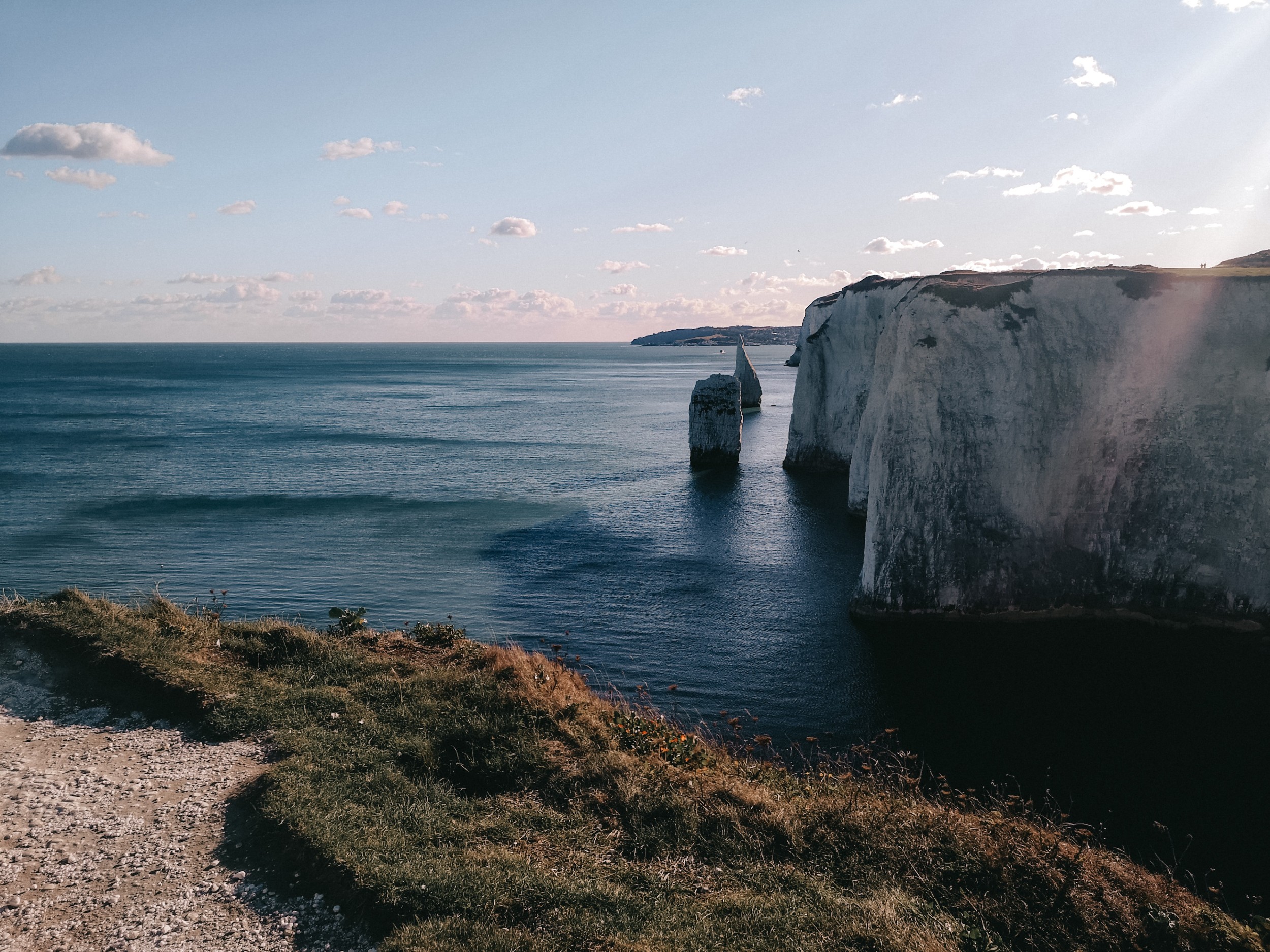
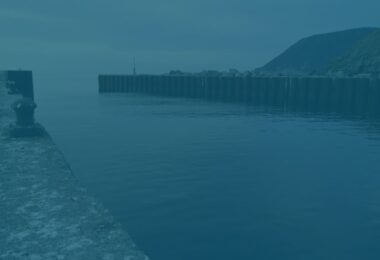
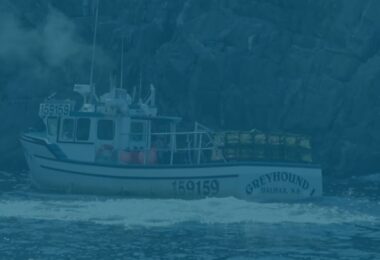
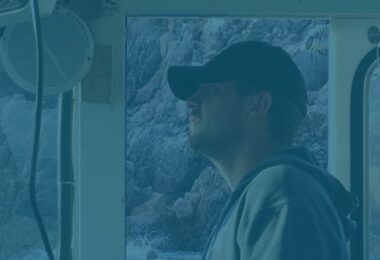
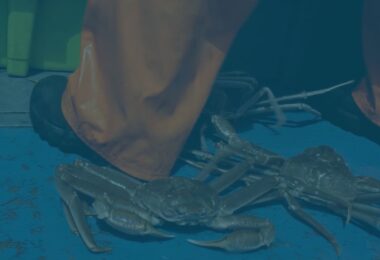

No comments